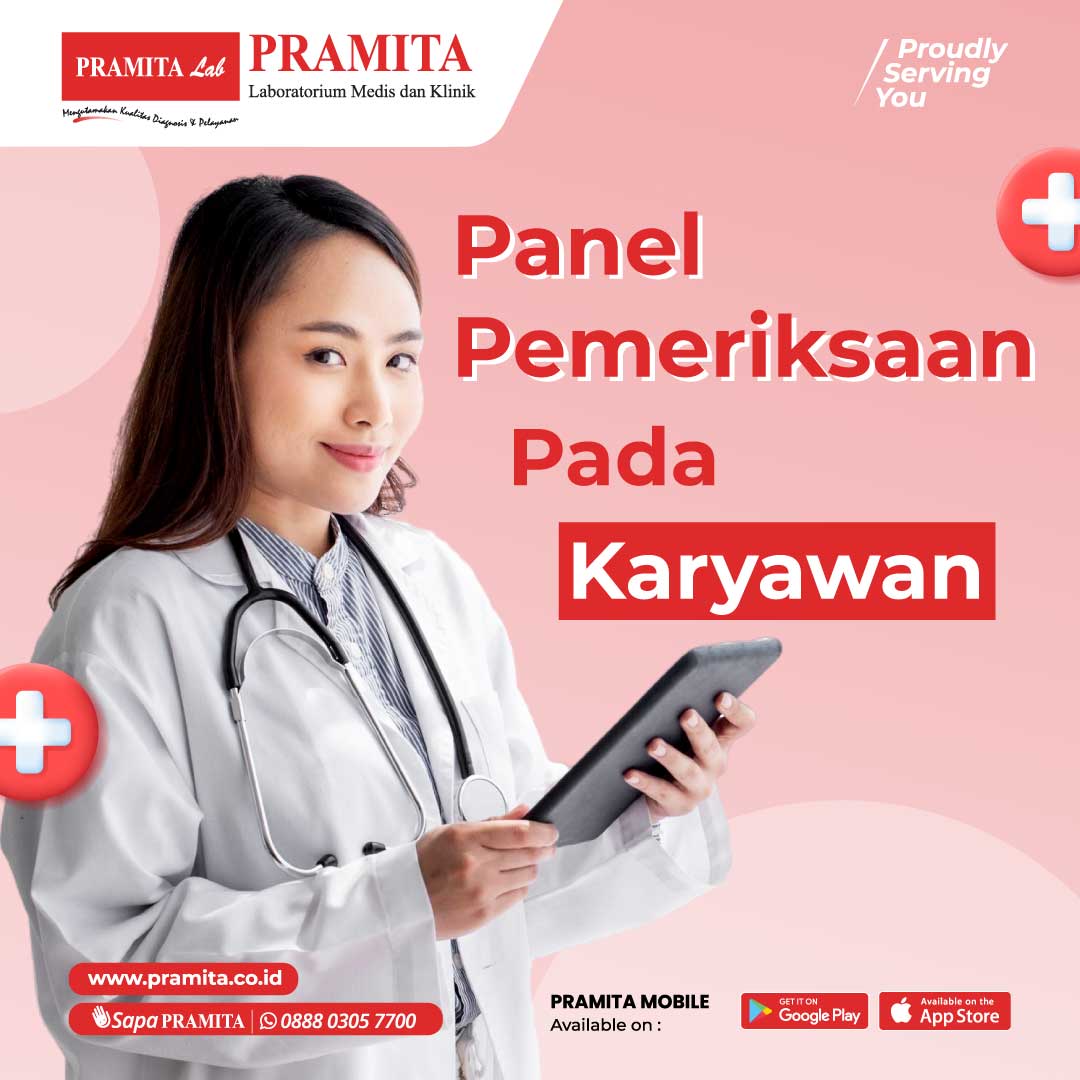Healthy Inspirations

Employee Health Screening Panel
Thu, 8 Aug 2024Employee health screenings are generally divided into three categories:
- Pre-employment Health Screening
Pre-employment health screenings are intended to ensure that newly hired employees are in optimal health, do not have contagious diseases that could affect other employees, and are fit for the job they will undertake. This ensures the safety and health of both the new employee and their colleagues. - Periodic Health Screening
Periodic health screenings are regular health checks conducted by a company doctor at specified intervals. The purpose is to maintain the health status of employees while they are employed and to detect any potential work-related health issues as early as possible (early detection) that need to be managed through preventive measures. - Special Health Screening
Special health screenings are targeted examinations performed by a company doctor on specific employees. These screenings are intended to assess the impact of certain jobs on the health of particular employees or groups of employees.
Each prospective or current employee undergoing a health screening is required to fill out a questionnaire, sign a consent form (informed consent), and undergo a comprehensive general health examination. The types of health screenings include:
a) Administrative Information
- Name, address, date of birth, identity of the institution, department/section addressed.
b) Medical Information (interview by the doctor)
- Current medical complaints
- Past medical history
- Occupational history
- Family medical history
- Allergy history
- Current medication use
- Immunization history (type, date of administration, booster)
- Lifestyle (smoking, alcohol consumption, physical activity and exercise, diet)
c) Clinical Examination (physical examination by the doctor)
- Anthropometry: height and weight (body mass index), body circumference
- Vital signs: blood pressure, pulse rate, respiratory rate, temperature
- Visual acuity (visus), color blindness test
- Dental and oral examination
- Examination of head, ENT, neck, chest, abdomen, extremities, and skin
- Rectal examination
- Balance assessment
d) Supporting Examinations
- Complete hematology (Hb, AE, AL, leukocyte type, AT, ESR)
- Complete urine analysis (protein, glucose, blood, sediment)
- Metabolic/chemical blood status screening
- Lipid profile (cholesterol, triglycerides, HDL, LDL)
- Fasting glucose and 2-hour postprandial glucose
- Kidney function (BUN/urea, creatinine, eGFR, uric acid)
- Liver function (SGOT, SGPT, Gamma GT, ALP)
- Infectious disease screening
- Hepatitis A (Anti HAV, Anti HAV IgM), Hepatitis B (HBsAg, Anti HBs), Hepatitis C (Anti HCV)
- Anti HIV
- Syphilis (VDRL, TPHA)
- Salmonella (Tubex/IgM anti-Salmonella, Widal test)
- Tuberculosis (BTA, IGRA)
- COVID-19 (SARS CoV-2 antigen swab test, SARS CoV-2 PCR swab)
- Chest X-ray
- ECG/heart recording
e) Specific Supporting Examinations as Additional Requirements Based on Job Risk:
- Treadmill (heart recording with intervention; risk factors for employees over 40 or 50 years old)
- Autospirometry (assessing lung function; for employees exposed to pollutants/inhalants)
- Audiometry (for employees exposed to noise)
- Rectal swab/stool preparation/stool culture (for Vibrio cholera, Shigella, Salmonella, E. coli; for food handlers)
- Hepatitis B and HIV screening (for healthcare workers, etc.)
Author: Dr. Trisna Purirani (Medical Service Doctor at Pramita Medical Laboratory, Cik Ditiro, Yogyakarta)
Reference Source: Bina Okupasi Indonesia. HIPERKES and Occupational Health Training Module for Company Doctors. Jakarta: Ministry of Manpower of the Republic of Indonesia.

